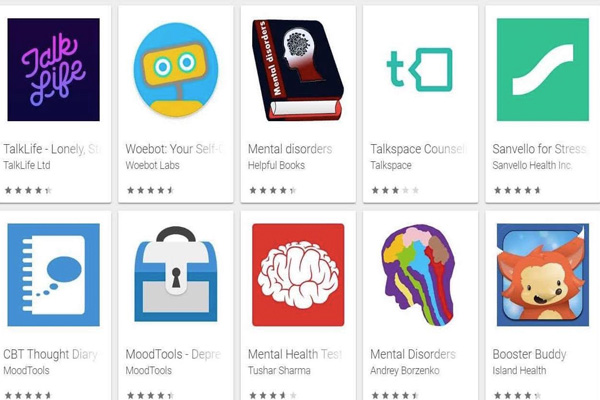COME ON GET APPY –
April 13, 2022 – These apps claim to help with issues as varied as addiction, sleeplessness, anxiety and schizophrenia, often by using tools like games, therapy chatbots or mood-tracking diaries. But most are unregulated. Although some are considered useful and safe, others may have shaky (or nonexistent) privacy policies and a lack of high-quality research demonstrating that the apps live up to their marketing claims. Stephen Schueller, the executive director of One Mind PsyberGuide, a nonprofit project that reviews mental health apps, said the lack of regulation has created a “Wild West,” that was exacerbated when the Food and Drug Administration loosened its requirements for digital psychiatry products in 2020. It is difficult to pinpoint the exact number of mental health apps available, but one estimate from 2017 said there were at least 10,000 available for download. And these digital products are becoming a lucrative business. At the end of last year, Deloitte Global predicted that worldwide spending on mobile mental health applications would reach close to $500 million in 2022. In general, mental health apps can help people gain insights into how their thoughts, feelings and actions interact with each other, said Dr. John Torous, the director of the digital psychiatry division at Beth Israel Deaconess Medical Center. They can also help facilitate the skills that patients learn during therapy, he added.



